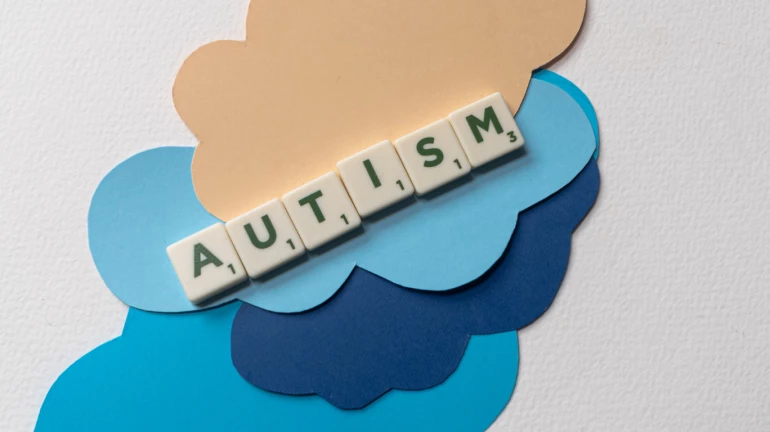
Autism spectrum disorder (ASD) is a condition that not only affects the child's behaviour but also has a significant impact on their visual system. It is crucial to understand the connection between autism and visual issues that will help to ensure proper diagnosis and intervention strategies. In a study done by Sankara Eye Hospital, 83 out of 100 children with Autism have been diagnosed with several eye disorders such as refractive errors and eye muscle weakness in the form of convergence and accommodation issues during the regular eye screening.
Autism can be present with several eye issues that might affect the child’s perception and behaviour. One common problem faced by children with autism is a refractive error where the child may experience difficulty in focusing due to the incorrect shape of the eye or lenses. Additionally, eye muscle weakness is another common occurrence causing difficulties in coordinating eye movements.
Dr Vidhya. C, Consultant Paediatric Ophthalmology- Sankara Eye Hospital, Bangalore highlighted, “In some cases, parents and caregivers may initially seek help from behavioural therapists, assuming that the issue lies solely within the realm of behaviour. However, it is crucial to recognize that refractive errors, such as near-sightedness or astigmatism, can also cause a child to adopt this visual behaviour. It is important to address any potential visual impairments before assuming it is solely behavioural.Refractive errors can significantly affect an autistic child’s visual perception and behaviour. Prescribing appropriate glasses based on comprehensive eye evaluation can correct these errors allowing the child to see clearly. Addressing refractive errors can have positive effects on a child's visual experience, potentially reducing sensory overload and improving their overall engagement and communication skills.
Also Read: Rise In JN.1 Variant Cases Sparks Concern In Maharashtra
Eye muscle weakness is another common problem in autism and can be effectively addressed through vision therapy. This specialised therapy includes exercises and activities that are designed to strengthen the eye muscles, improve coordination and enhance visual tracking abilities. Vision therapy is tailored based on each child’s specific needs and can lead to remarkable improvement in both vision and behaviour. This therapy helps to optimise visual capabilities and facilitate better engagement with their surroundings, adds Dr. Vidhya.
Dr. N Raghu, Ophthalmologist/ Eye Surgeon, SPARSH Hospital, Bangalore, says, “Children diagnosed with autism spectrum disorder may exhibit a heightened vulnerability to developing various eye disorders. Research suggests that there is a noteworthy association between autism and an increased risk of ocular conditions. Autism kids can also have Keratoconus which can hinder their development activities. Periodic evaluation for any hidden ocular pathology like keratoconus, astigmatism, and retinal problems should be diagnosed and managed at the earliest for better outcomes in managing kids with autism. As a clinician, it is imperative to emphasise regular and thorough eye examinations for these individuals. Early detection and intervention can significantly impact the management of eye-related issues in children with autism, promoting better overall health and well-being. Collaborative efforts between paediatricians, neurologists, and ophthalmologists are crucial to providing comprehensive care, ensuring that every child, irrespective of their neurodevelopmental status, receives the attention necessary to preserve and optimise their visual health”.
To conclude, comprehensive eye evaluation is crucial for identifying and addressing vision-related challenges particularly autistic children. Parents can support their children's visual development and well-being by recognizing the importance of vision in autism and taking necessary precautions.





